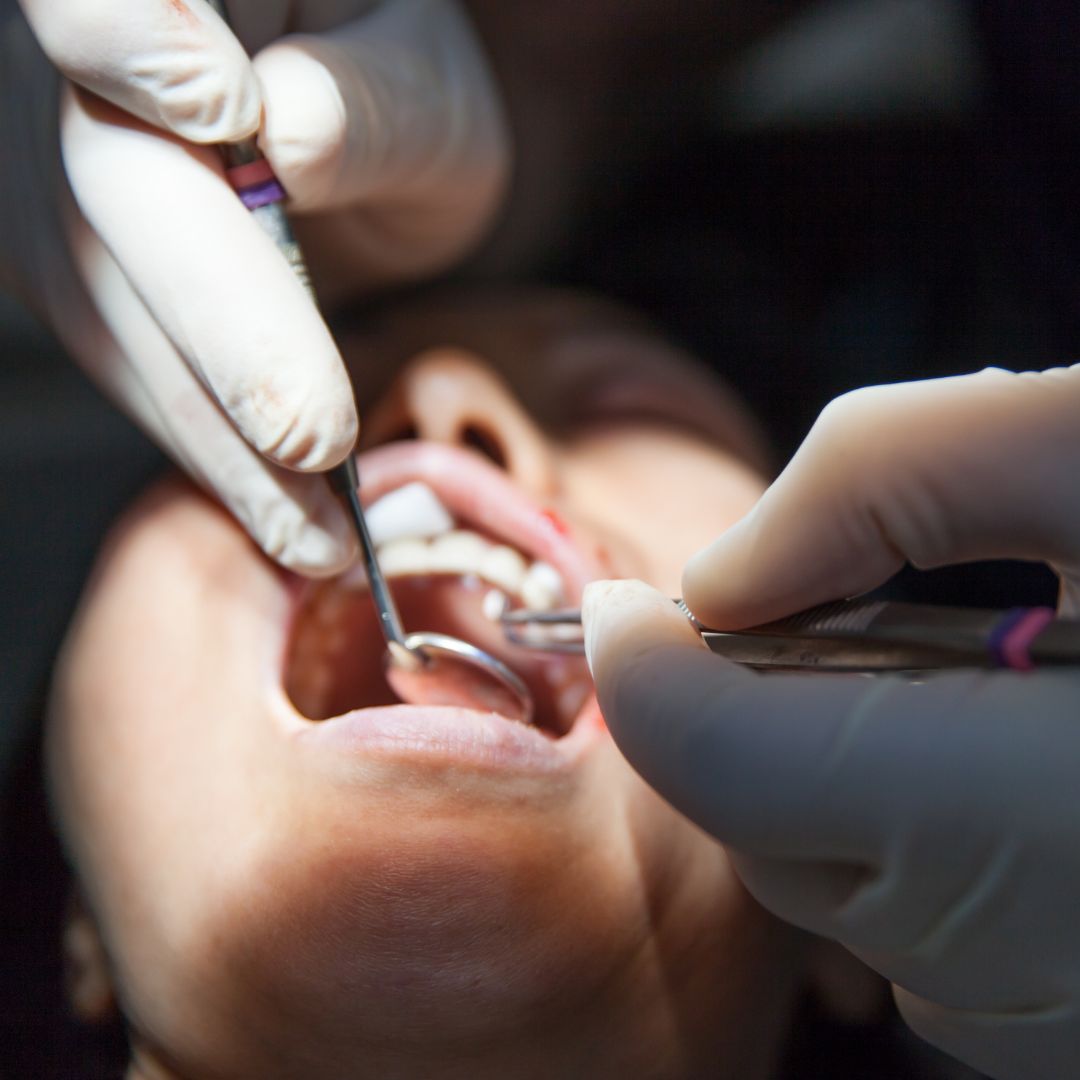Sarah, a bright-eyed college student, came to our office with ongoing discomfort in the back of her mouth. After a detailed check-up, we found her wisdom teeth were crowding her other molars, causing pain and potential long-term problems. We quickly suggested a consultation for wisdom teeth removal.

This guide covers everything you need to know about wisdom teeth removal. We'll look at the purpose and problems of impacted wisdom teeth, signs you might need removal, the procedure, recovery, and aftercare. We aim to give you the info you need to make a smart choice and have a smooth experience.
If you're thinking about wisdom teeth extraction or just want to learn more, this article is for you. Let's start and discover the wisdom behind removing wisdom teeth.
Understanding Wisdom Teeth
Wisdom teeth, also known as third molars, are the last permanent teeth to come out. They usually appear in late teens or early twenties. These teeth help with chewing and grinding food. But, if they don't come out right or get stuck, they can cause problems.
Definition and Purpose
Wisdom teeth are the last molars to grow in the back of the mouth. They get their name because they come out when you're transitioning from being a teenager to an adult. This is a time often linked with gaining wisdom and experience.
These teeth are key to breaking down food during chewing. They help with the dental function.
Potential Problems Caused by Impacted Wisdom Teeth
Wisdom teeth are important but can cause big issues if they get stuck or grow crooked. This can lead to pain, infection, and harm to nearby teeth and gums. Impacted wisdom teeth can also make it hard to keep your mouth clean, causing more dental problems.
Signs That You May Need Wisdom Teeth Removal
Knowing when you might need wisdom teeth removal is key for keeping your mouth healthy. By spotting these signs early, you can get help before problems get worse.
Persistent pain or discomfort in the back of your mouth is a common sign. It could mean your wisdom teeth are impacted or not lining up right. Swelling or trouble opening your mouth also suggests you might need wisdom teeth removal in Rosenberg TX.
Seeing your wisdom teeth grow crooked or push against other teeth means it's time to think about removal. If you notice this, see a dentist right away.
Keep an eye out for these signs and get help quickly. pediatric dentist rosenberg tx This way, you can handle any wisdom teeth issues early and keep your mouth healthy.
The Wisdom Teeth Removal Process
When it's time for a wisdom teeth removal procedure, we follow several steps for a safe and effective result. At Rosenberg Dental, we guide our patients from the first consultation to the extraction. This way, they feel informed and confident at every step.
Preparation and Anesthesia Options
Before the wisdom teeth removal procedure, we check your teeth and talk about anesthesia options. You might get local anesthesia to numb the area or general anesthesia to stay comfortable and relaxed. We choose the best option based on your case and what you prefer.
Surgical Procedure
On the day of the wisdom teeth removal procedure, our skilled oral surgeons at Rosenberg Dental will remove the teeth. They might make a small cut in the gum or break the teeth into pieces for easier removal. We keep an eye on your comfort and make sure you get the care you need.
Wisdom Teeth Removal: Recovery and Aftercare
After your wisdom teeth removal, taking good care of yourself is key for healing well. We'll show you how to handle pain and swelling. We'll also talk about what foods to avoid and how to keep your mouth clean.
Managing Pain and Swelling
It's common to feel some pain and swelling after removing your wisdom teeth. To ease these symptoms, take pain relievers as directed and use cold packs on the area. Resting and avoiding hard work also helps with healing.
Dietary Restrictions and Oral Hygiene
Right after the surgery, eat soft foods to protect the healing area. Choose foods like soups, smoothies, and yogurt. Later, you can eat solid foods again, but skip hard or chewy ones.
Keeping your mouth clean is very important too. Brush and floss gently, skipping the area where teeth were removed. We might suggest a saltwater rinse to help with healing and cleanliness.